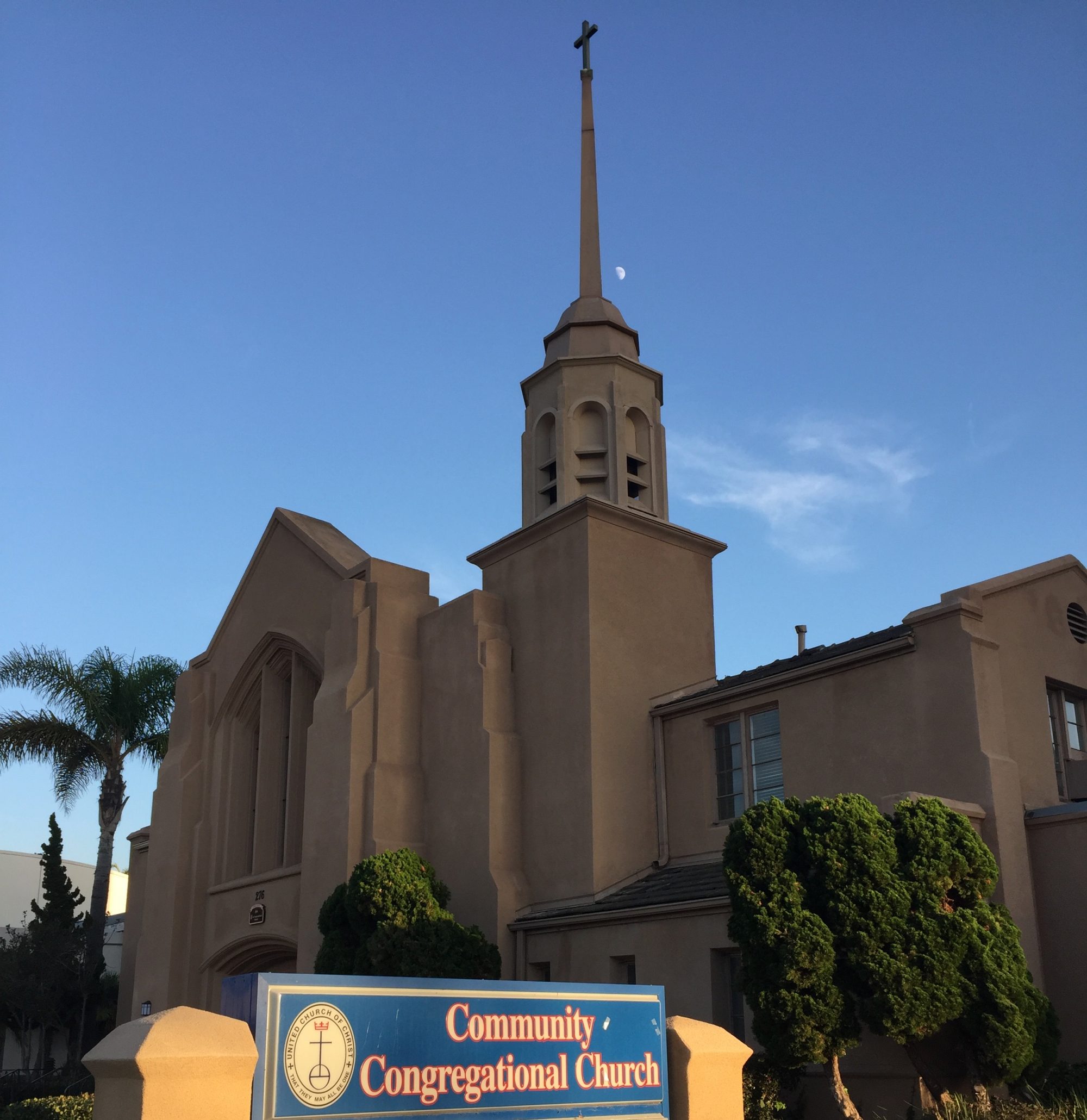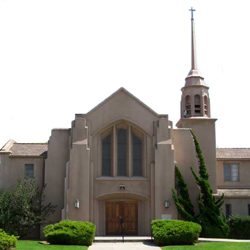Sermon for October 13, 2019
“A Good Good-bye”
Acts 20:17-25, 35- 38
Have you ever had to say a difficult good-bye to someone? Perhaps it is was a loved one, who was close to dying? Perhaps it was a boyfriend or a girlfriend? Perhaps it was a group of co-workers? Perhaps it was wonderful neighbors? Or classmates after graduation? Perhaps it was a church or other beloved community? How did you say good-bye, and did you feel like you said a good, good-bye?
Well, believe it or not, this lengthy scripture portion of Acts which Chris just read for us, is a description of the Apostle Paul’s good, good-bye to one of his beloved churches- the church of Ephesus.
Now, we know from having read his letter to the Ephesians, that he indeed loved this community of believers. And in today’s portion of Acts, we are given a glimpse into Paul’s love and affection for them.
I am hoping that be reading this part of Acts we can learn something about the way we can and should say our own good, good-byes.
But, why? Why would a good, good-bye be important to do, to begin with? Aren’t we meant to be people who feel joy and show joy all the time? Aren’t we supposed to be “happy Christians?”
Yes, and no. Of course, I do believe that the source of great joy does come from God. The “joy of the Lord is our strength” after all, as the prophet Nehemiah stated in chapter 8, verse 10. However, we cannot be people who fake being happy when we are not. We know, too that just because you feel great sadness does not mean that you are not joyful in the Lord. You can still sense God’s joy in you, despite of, and, in the midst of, your pain of loss and grief.
I remember when I took my first class on loss. It was called, “recovery from bereavement.” I had not experienced any great losses, yet, or so I thought. I heard my classmates speak about their losses of a parent, of a spouse or even a child.
It wasn’t until later that we learned from the books we read and the lectures that we heard that the most common experience that humans share is that of loss.
Think about it, (as my professor shared) all of us experience some kind of loss, at some point of our lives. Whether it is the move to another school, a new city, a new job, the letting go of a relationship you had formed at those places… The loss of a home you loved or a pet that you cared for so much. All of it are losses and the experience we feel about those losses are real and painful.
Although, we can be a society that tends to place most importance on “feeling great” and feeling good and finding value on what-ever or whomever is young and healthy… On those things that give us moments of happiness or escape. We are made to believe that the more material things we acquire, the happier we will be; the more power we gain or professional advancement we achieve, the happier we will be… The more we dispose of- whether it be friends or lovers, the happier we will be because if we do not form any real attachments then we will never have to feel loss or pain once they leave us.
But, let’s go back to the scripture reading of today. Now, we do know that Paul did in fact go about planting faith communities from city to city, from region to region. At this point in the book of Acts, the early Church was indeed growing in leaps and bounds. And, his message was clear: that there had been a man named Jesus of Nazareth and that he had died and had lived and had done so to forgive the sins of others. People had never heard of such a person. They may have heard of a promise of a Messiah (f their background was Jewish) but otherwise, they wouldn’t have heard of a person such as this selfless, leader and savior- Jesus the Christ.
But, think about it- Paul could have just formed a faith community and have stayed in one. He didn’t have to keep moving from place to place. Why? Because he was single. He wasn’t the typical man who would have had a wife and children. He could have found comfort and security in the faith community he had nurtured.
Instead, he moved from place to place and did so knowing the real risks of sharing his message and of being imprisoned and killed for it. But none of that stopped him. So then, in this portion of Acts we read about how he was saying good-bye to his beloved community in Ephesus. He is wishing them well. He is reminding them of what he had taught them. And in the end of his speech we read that, ‘there was much weeping among them all, they embraced Paul and kissed him, grieving especially because of what he had said, that they would not see him again.”
You see, Paul didn’t just plant churches and move on to the next one with out a good good-bye. Instead, he explained why he had to leave, what he had done with and for them and indeed showed true emotion and sadness at his departure. In other words, he didn’t ignore the difficulty of letting go but instead, addressed it and acknowledged it.
My own theory is that in doing so, that was really the only way he could go on to embrace a new community- minister among them, and plant yet other churches. He had to say a good, good-bye, in order to say a new hello.
This makes sense to me. As a person who has had to move from one city to the next; from one ministry to another, I understand the importance of saying good- bye so that I may say a good “hello” to a new place. As each new community of faith has indeed needed and has been deserving of my full attention.
Additionally, we know that there are no short cuts to grief. We know it will take the time that it needs to, that it will shape us and change us. That the pain will be real and will be great. And so we fear it and put it off as much as possible, mistakenly believing that if we do not look at the grief that it will not exist.
At times, we may even not allow God to enter into the pain of letting go because we fear the pain, itself. And yet, God can be trusted of course, with our most intimate kind of pain. The famous theologian, whom I often quote from, Henri Nouwen, wrote this- “Our inclination is to show our Lord only what we feel comfortable with. But the more we dare to reveal our whole trembling self to him, the more we will be able to sense that his love, which is perfect love, casts out all fears.”
So, here is the thing- loss is real and is indeed common. Although we do not talk about it as a society, it is there, nevertheless; shaping and molding us. However, even though it is a common experience we do not need to experience it alone. We do not have to fear it or ignore it but walk into it. Live in it, in order to move past it.
Does it ever go away? No. I miss my dad every day. And now I will miss my grandmother, too. I miss every community of faith I have left behind. I miss some relationships that were so significant to me that once they were no longer there, I wondered how I could live with out them. The pain, of loss, is indeed real and lasting. And yet, as we grieve them, their memory stays with us and their love for us and ours for them, never dies. That is the beauty of our losses. That person or community may no longer be physically with us but their love has a lasting affect on us all of our lives that never truly dies.
As we experience loss, we can also give thanks that we are not alone. Why, because we have the love and support of a faith community to help us journey through our grief. Not only that, we have the love of God that shows itself in the form of flowers, cards, hugs, mutual tears, loving gestures of others who reach out to us in our time of grief- all reminding us that we are not alone. Loss is a part of life. However, we can and should give our best good, good-byes, as possible. Amen.

